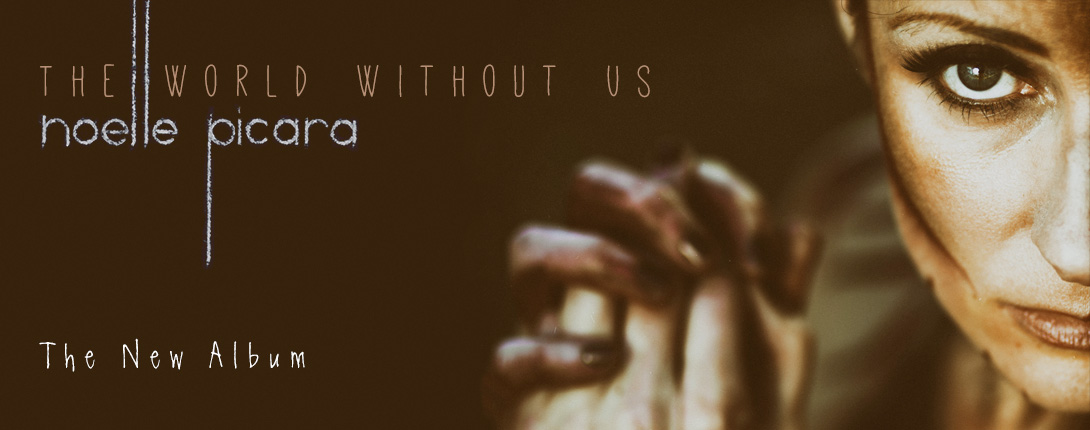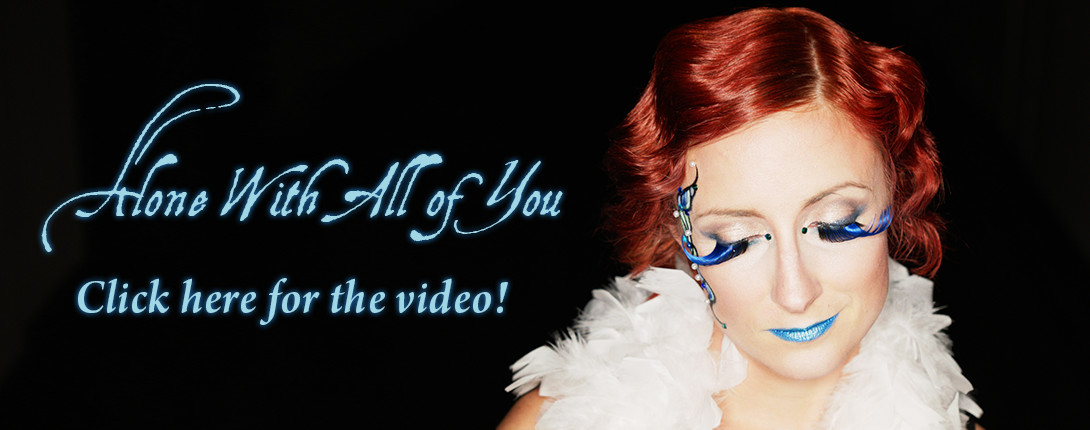https://www.youtube.com/watch?v=iCvmsMzlF7o
I watched this TED talk by Brené Brown this weekend. Then I watched it again.
If you’re a performer or a survivor of trauma, watch this video. Since I’m both, it was especially striking to me. I had to watch it twice. Some thoughts:
Shame, according to Brown, is the thing that keeps us from connecting with other people. We’re so afraid that there’s something wrong with us that we can’t connect to others.
For survivors of sexual abuse, like me, shame is the main side effect we have to deal with. A pervading sense of shame seeps into everything we do. I remember being afraid to leave the house for periods of time, because when I was walking down Main Street in Newark, just to go to the drugstore, I felt like “people will see me and KNOW.” Yes, I felt “excruciatingly vulnerable” – Brown’s definition of shame. Any time I got an answer wrong in a class, or a friend got irritated at something I said – there it was – that flareup of shame again.
This is what struck me about this:
Sexual abuse attacks the victim by keeping them from connecting to other people.
It’s a simple yet important thing for everyone to understand. Connecting with other people is the most meaningful experience in life, and sexual abuse takes that away from the victim.
According to Brown, though, there’s hope. People who were able to connect with others and finally feel a sense of self worth were the ones who showed courage, which she says, according to its etymology, actually means:
“Telling the story of who you are with your whole heart.”
See. Performers. Writers. Artists. Creative people. This is where you come in.
People who are able to connect with others let themselves be vulnerable. They have the courage to be imperfect, and to show others their imperfections, and to say the two most powerful words that Brown says you can say to another person,
“Me too.”
This is what I’m doing. Join me.
Noelle Picara
http://www.noellepicara.com

